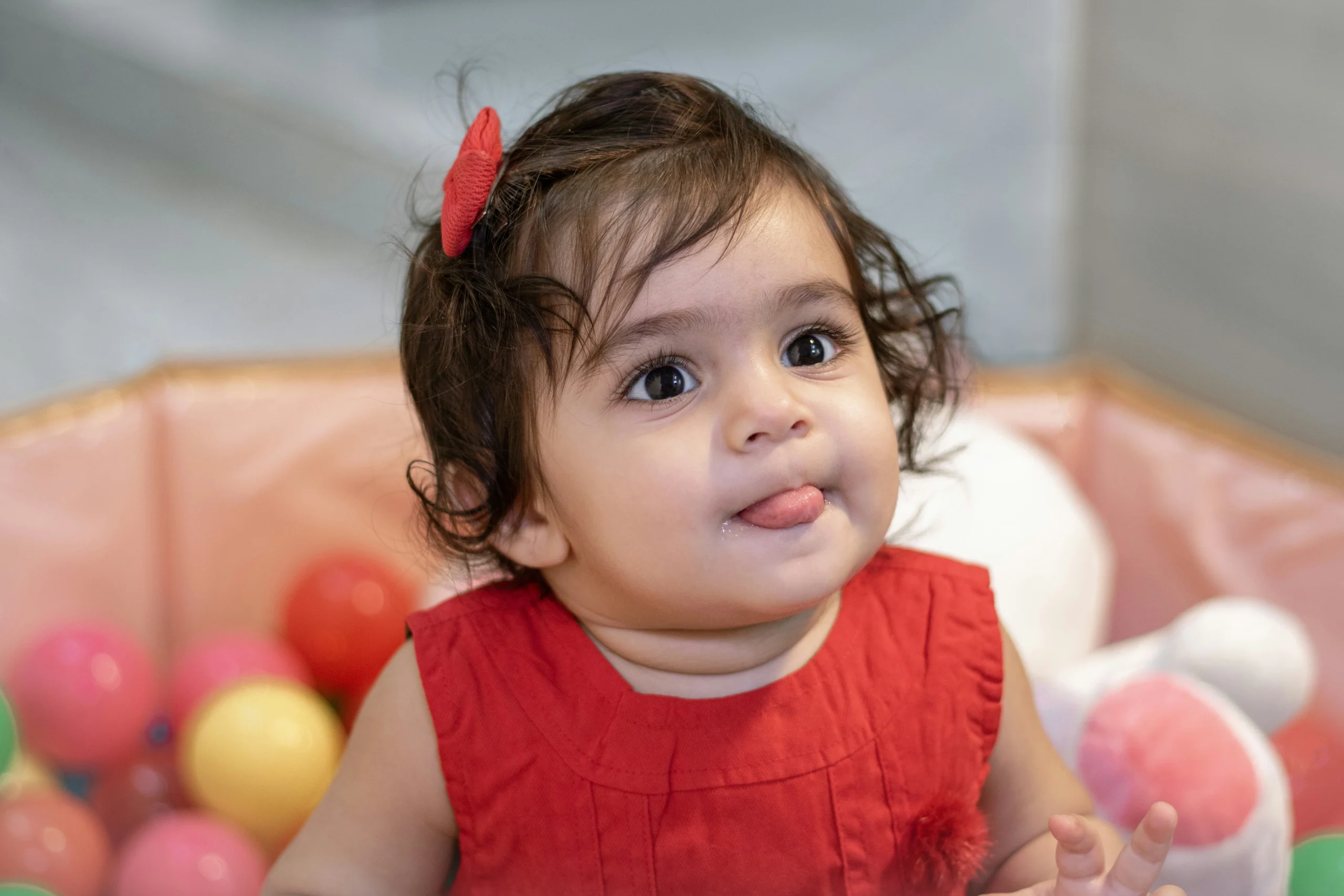Lately, parenting has taken center stage in my life. It’s all-consuming, and I’ve recently decided to seek therapy because of it. Since welcoming my daughter into the world two years ago, I’ve found myself at odds with my own parents. I’ve come to realize that they had a vastly different parenting approach than mine. While I’m not trying to compare our experiences, becoming a mom has shed light on the dysfunctional aspects of my own upbringing, prompting me to confront some unresolved issues. It’s not uncommon for parenting styles to differ between generations; this can lead to that familiar feeling of mom loneliness and the dreaded mommy guilt.
My parents were just kids themselves when they had my brother and me, at ages 18 and 19. We weren’t planned, and they were not emotionally equipped to raise children. Although they did their best to provide us with basic needs like food and shelter, they were still navigating their own unresolved childhood issues. My father, for example, grew up as an immigrant facing a violent father, while my mother dealt with poverty and an alcoholic parent.
Shortly after my daughter was born, I began reflecting on my parents’ sacrifices for us. However, I realized these sacrifices were often tinged with resentment—towards one another and us. This resentment manifested through my father’s infidelities and aggression, and my mother’s passive aggression. They would insist they worked hard to give us a better life than they had, but I saw a different reality when I looked back.
As I became more aware of the dysfunctional aspects of my upbringing, I grew increasingly protective of my child. This led to trust issues and distancing myself from friends, as I found it hard to take breaks or trust babysitters. I was fixated on doing everything “right” without even knowing what that entailed. My guidance came from instinct and a mix of advice from online sources, fellow moms, and parenting books.
During visits with my parents, certain moments stood out that highlighted their parenting style. For instance, when my father called my daughter “smart,” he followed it up with, “What if she isn’t smart?” This baffled me because, in my eyes, she already was. Another time, when I was breastfeeding, he freaked out and left the room, while my mother jokingly held my four-month-old baby over her head, telling her to tell me to “shut up.” Growing up, we were not respected in our household, and this contributed to many of the issues I caused them, ultimately stemming from their parenting style—a classic case of do-as-I-say-not-as-I-do.
Before my daughter was born, I had moved across the country to gain work experience, ironically landing a job at a nonprofit focused on anti-violence. There, I learned about the impact of violence on children and the effects of addiction—issues I was familiar with due to my own struggles and my brother’s battle with addiction. While helping others, I began to understand healthy relationships and built my own confidence.
However, after my daughter arrived, I found myself alone with her while my partner worked long hours. With too much time to think, I started to feel angry about my childhood experiences. I realized I had been distracting myself from my unresolved issues by overworking. Once I returned to work, I was often triggered by the very people I was trying to help, which contributed to my eventual layoff—an opportunity to begin healing.
As the first of my friends to enter parenthood, I kept my struggles to myself, not wanting to scare them. My daughter’s erratic schedule left me feeling isolated and nervous around other moms. I soon realized that many were facing their own challenges, from absent partners to postpartum depression. The loneliness I felt was overwhelming, eroding my self-esteem, and leaving me feeling guilty about my inability to trust my family. I decided to reach out to a therapist to help me process my past and rebuild my confidence.
I worked with a therapist who noted how crucial her female friendships became after she became a mom. As I began talking less with my own mom and connected with new mom friends, I realized we all faced the tumult of becoming parents and the immense love it brings. Many of us are battling our own demons, whether it’s a dysfunctional relationship or personal loss.
Most parents strive to create a better life for their children, whether by escaping poverty or leaving toxic relationships. I don’t blame my parents for their parenting choices, but I recognize the need for my own healing to boost my confidence and manage my anxieties, ensuring my daughter won’t have to endure the same struggles I did.
Parenting is filled with overwhelming love, and I know mistakes will happen along the way. My hope is that my child feels cherished and respected, growing into someone who can navigate the world with self-compassion and a supportive network, even if that means grappling with feelings about how I raised her.
Summary
This reflection on the journey of parenthood highlights the complexities of generational differences in parenting and the emotional challenges that arise. Through therapy and new friendships, the author learns the importance of addressing past traumas to create a nurturing environment for her child.
